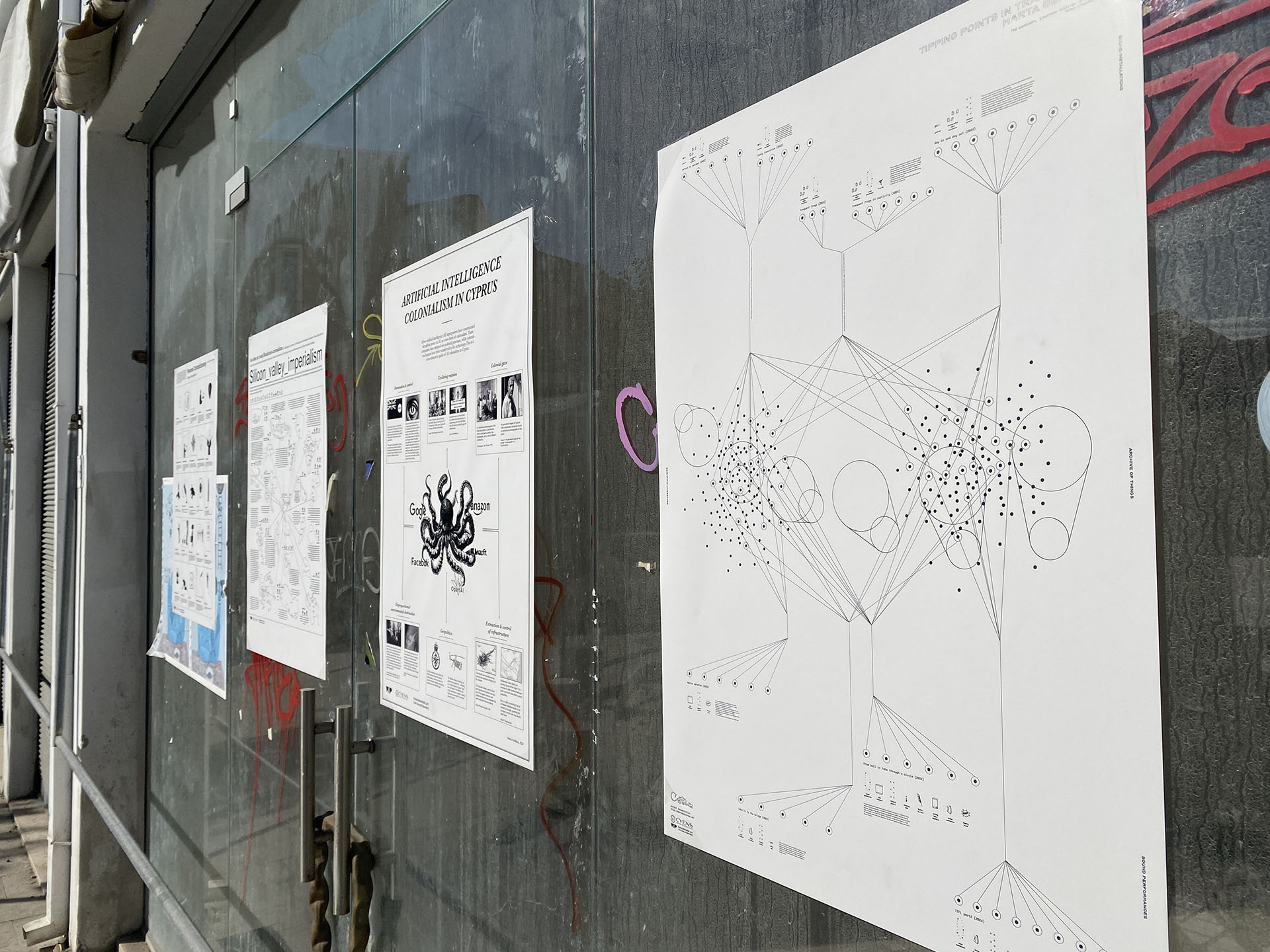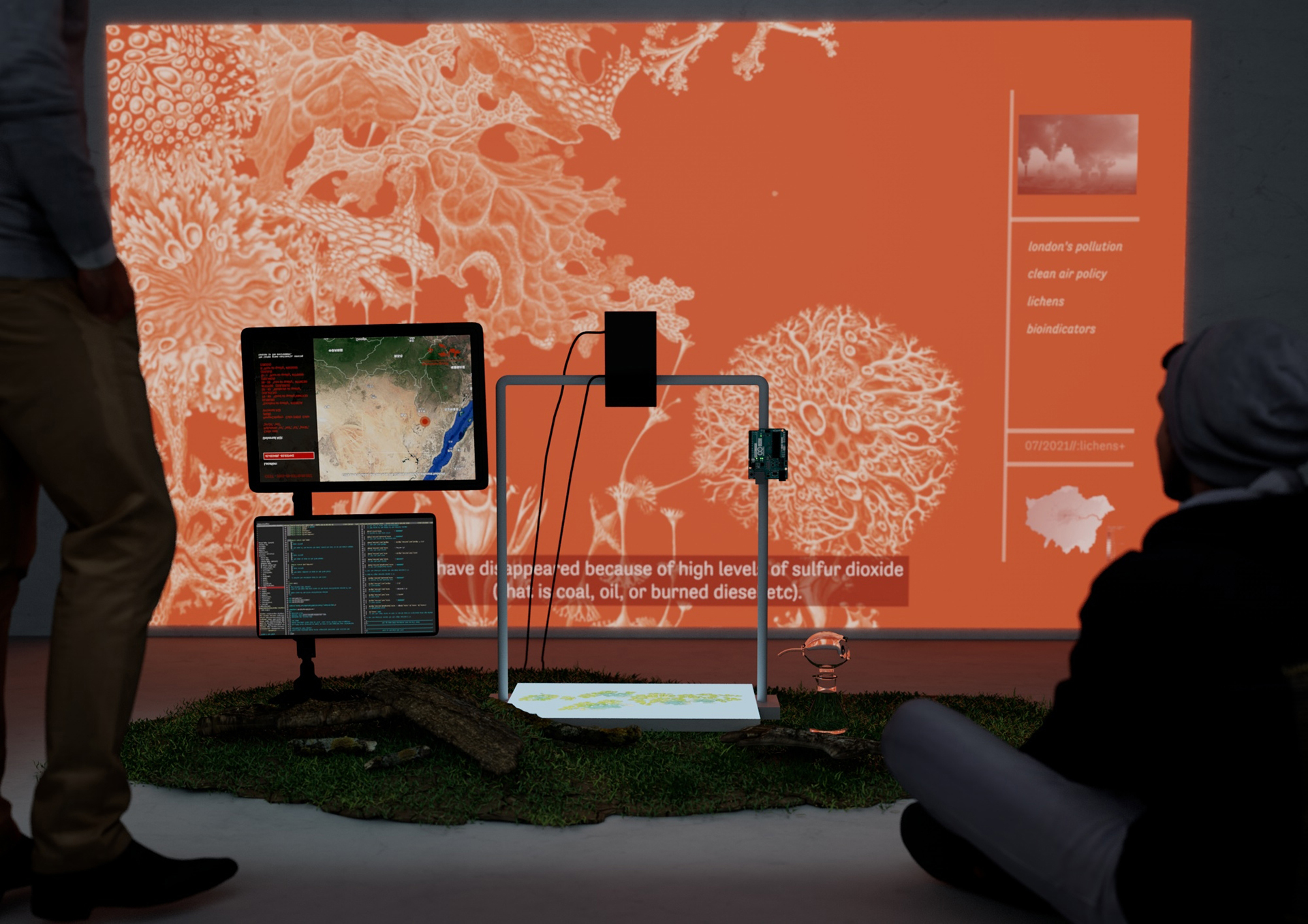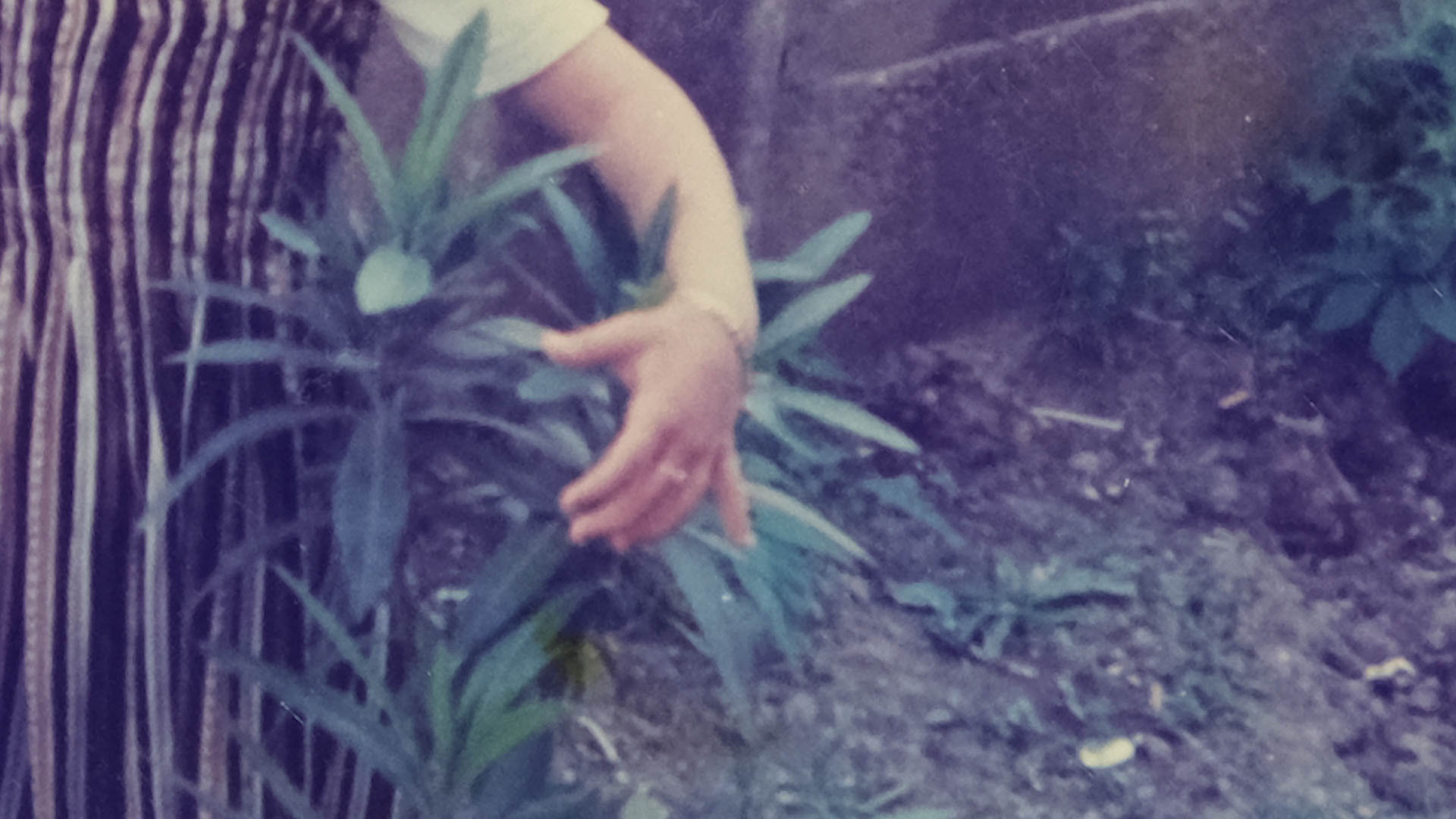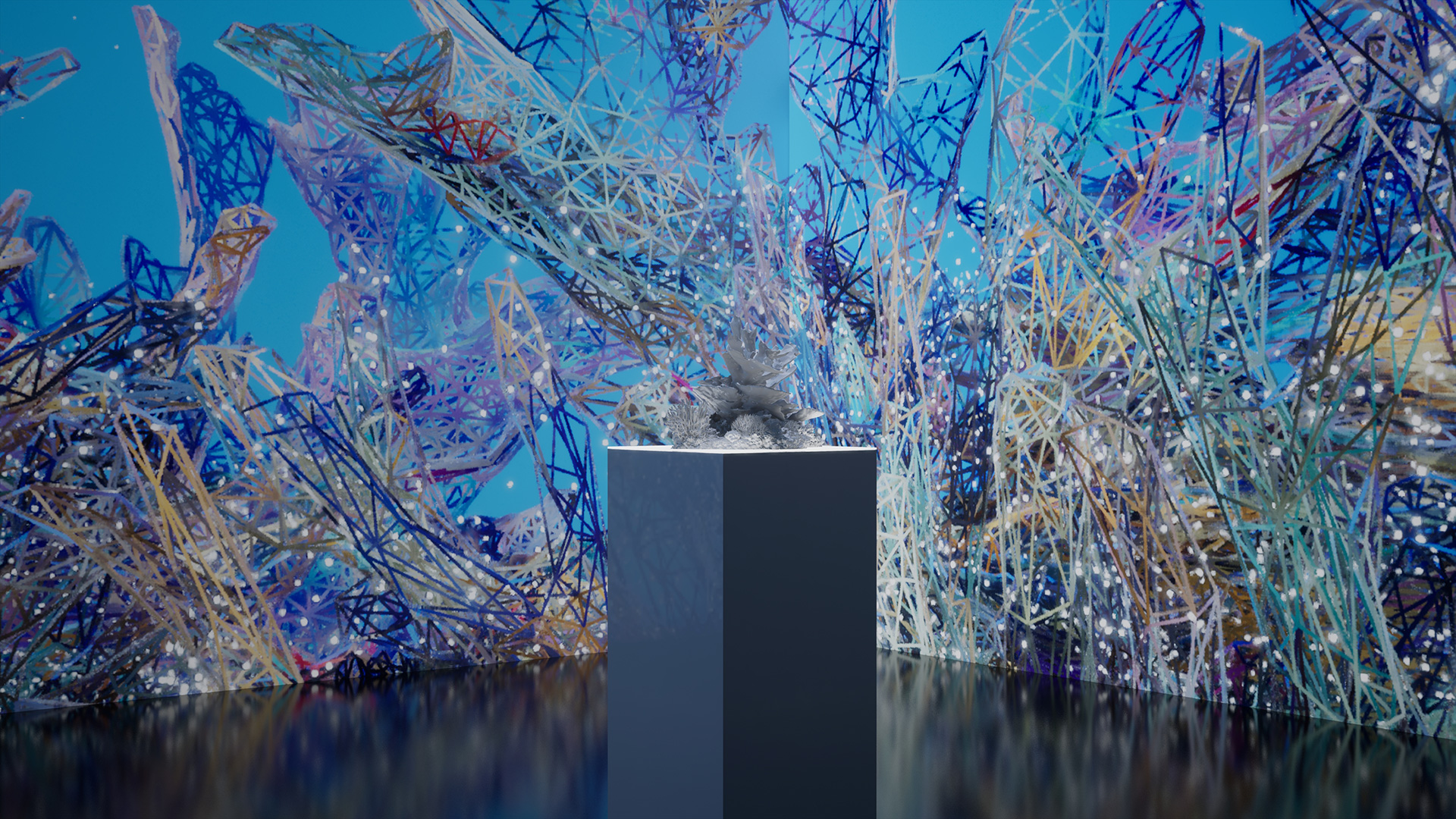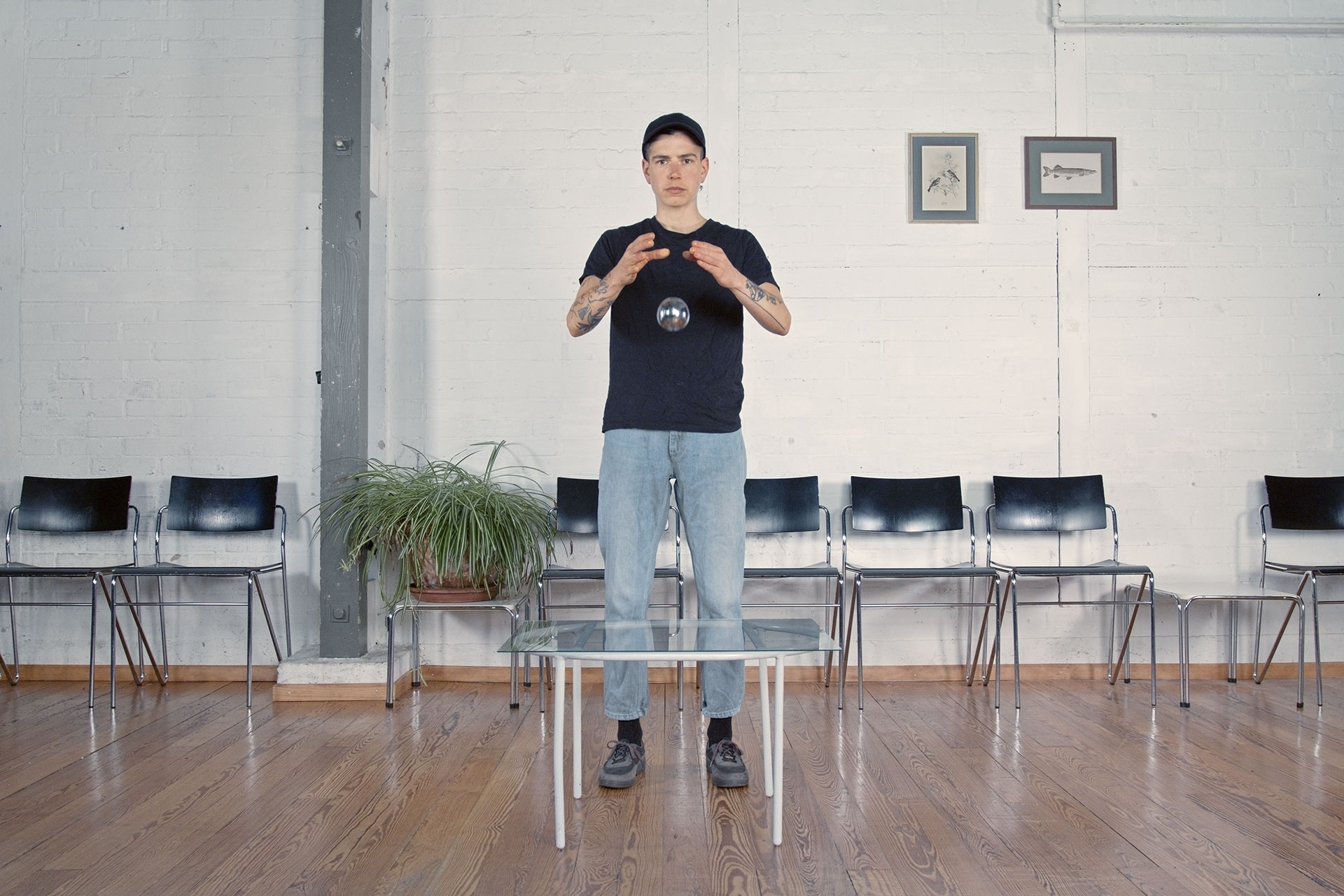Alexia Achilleos (CY), César Escudero Andaluz (ES), Marta Beauchamp (IT/UK), Juliane Götz (DE), Hess Jeon (KR/AT), Yann Patrick Martins (CH), and in collaboration with SKKU (KR), Fernando Velázquez (UR/BR) and Julia Kloiber (AT/DE)
Events
PhD presentations (and feedbacksessions by experts & peers)
The latest research by PhD students from the Critical Data Research Group / Department Interface Cultures at University of Arts Linz will be shared with experts and peers. This open session offers the students an opportunity to test their assumptions and be inspired by constructive feedback. Presentations will be given by Alexia Achilleos (CY), César Escudero Andaluz (ES), Marta Beauchamp (IT/UK), Juliane Götz (DE), Hess Jeon (KR/AT), and Yann Patrick Martins (CH).
WHEN: Friday, 5th 2025, 13:30 – 15:30
WHERE: Kunstuniversität Linz, Hauptplatz 6, 5th floor
(Hörsaal D – take the elevator next to Café Frédéric)
SKKU Korea „Critical Data“
Sungkyunkwan University, with its 627 years of proud history and distinguished tradition, stands as a leading symbol of academic excellence in Korea. As a pioneer in higher education, the university has continually advanced by embracing challenge, innovation, and a spirit of sharing and coexistence. This year, Sungkyunkwan University joins forces with the University of Arts Linz to host a series of talks on the theme of Critical Data.
WHEN: Friday, 5th 2025, 16:00 – 17:00
WHERE: Kunstuniversität Linz, Hauptplatz 6, 5th floor
(Hörsaal D – take the elevator next to Café Frédéric)
Feminist AI – guest lectures
The Feminist AI lecture series, launched at the Ars Electronica Festival 2023, returns this year with two talks on how technological change — from data practices to AI — is transforming working conditions.
Fernando Velázquez (UR/BR) – Squeezing the Echoes of the Dataset: Art and AI in Latin America. This talk reflects on how artists in Latin America engage with an imposed technology that erases local specificities, pressing against its constraints to imagine other ways of seeing, sensing, and creating.
Julia Kloiber (AT/DE) – Inside AI’s Engine Room. Behind AI lies one of the largest forms of human and environmental exploitation of the 21st century. But what does it really look like at the far end of the AI supply chain, where an invisible workforce of thousands of people spend their days? Who are they? What were their hopes when they started these jobs, and how quickly were they confronted with a harsher reality? The stories of these workers cut through the glossy AI narratives. This talk takes you inside the world of data annotation and content moderation, where workers in Europe and Africa keep AI and social media running, and sheds light on how they are beginning to organize, demand change, and put forward alternatives.
WHEN: Friday, 5th 2025, 17:00 – 18:00
WHERE: Kunstuniversität Linz, Hauptplatz 6, 5th floor
(Hörsaal D – take the elevator next to Café Frédéric)
Related Projects
The Critical Data Research Group was founded by Manuela Naveau as part of the Critical Data professorship at Interface Cultures. Based on the premise that artists are of great value for the study and critical mediation of data usage, data processing systems, and related knowledge, they not only aim to make visible how systems of digitalisation work, but also how they do not.
Currently, the group consists of eleven PhD students: César Escudero Andaluz (ES), Marta Beauchamp (IT/UK), Hess Jeon (KR/AT), Gordan Savicic (AT/CH), Juliane Götz (DE), Yann Patrick Martins (CH), Qingyi Ren (CN/CH), Charleen Elberskirch (DE/CH), Nomi Sasaki (PE/CH), and Alexia Achilleos (CY). During the festival, selected PhD students will present their research in a poster session.
Fernando Velázquez (Montevideo, 1970) is an artist, curator, and educator based in São Paulo whose work explores the intersections of art, science, and technology. His practice spans installations, audiovisual performances, and research on perception, algorithms, and hybrid ecologies.
Julia Kloiber (AT/DE) is the co-founder of SUPERRR, a feminist organization dedicated to shaping inclusive and equitable digital futures. She has spearheaded numerous initiatives to support public interest technology and strengthen democratic infrastructure. Kloiber’s current work focuses on crafting alternative visions for technology and society that challenge dominant paradigms and prioritize justice, equity, and sustainability.
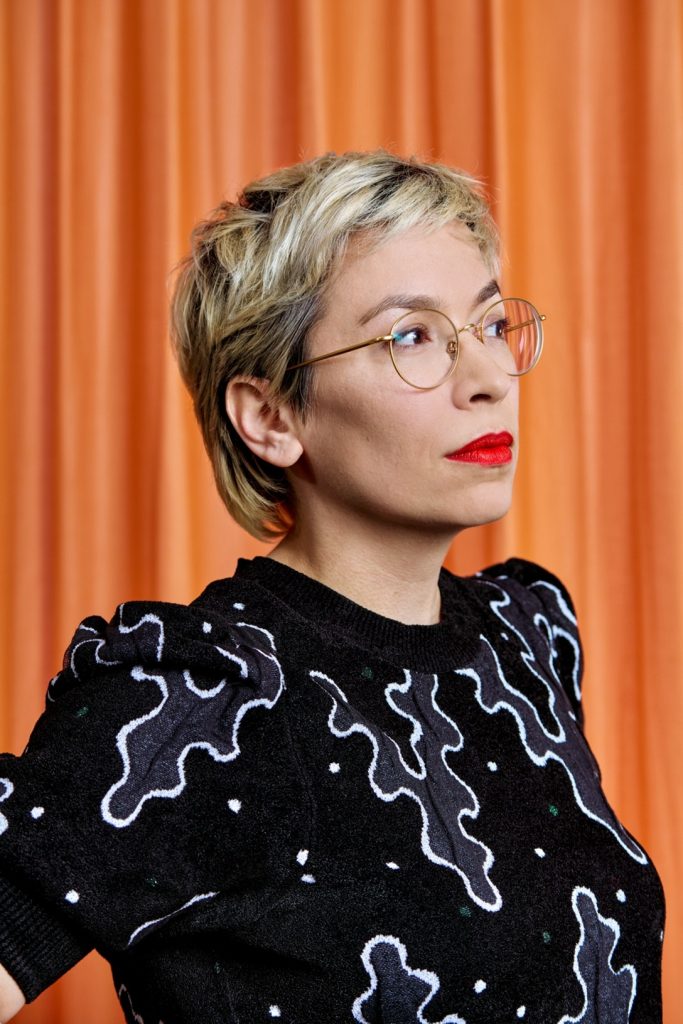
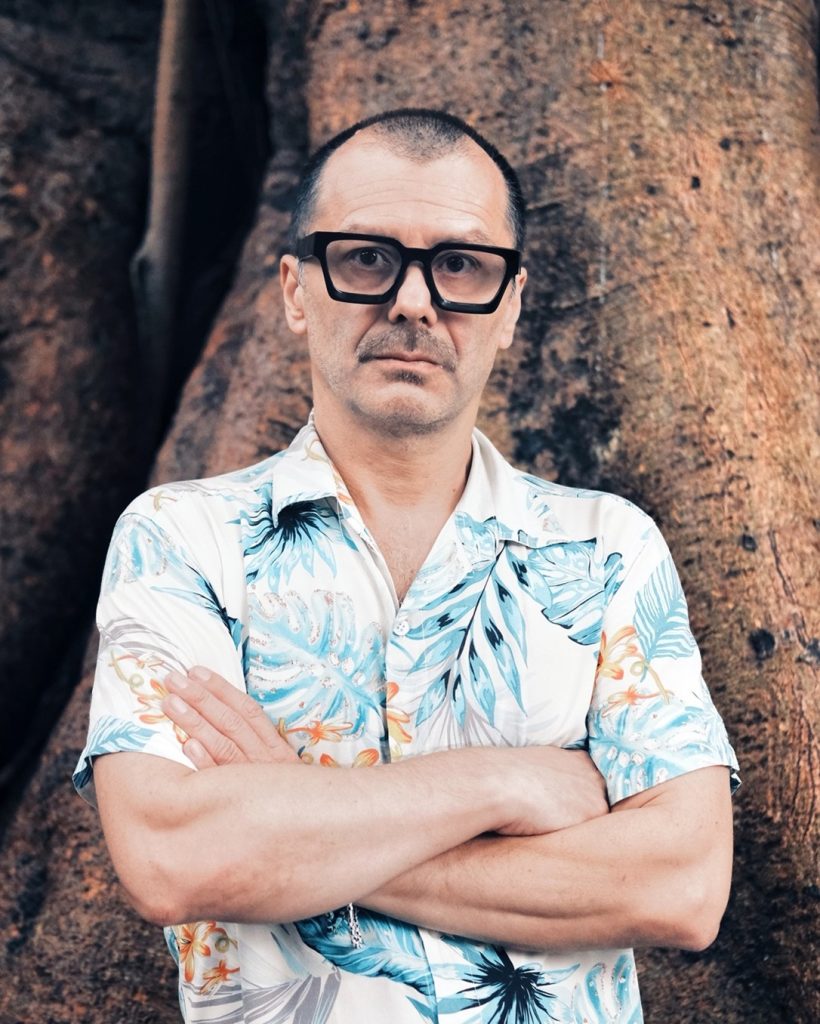
Photo Credits: Marlene Burz
